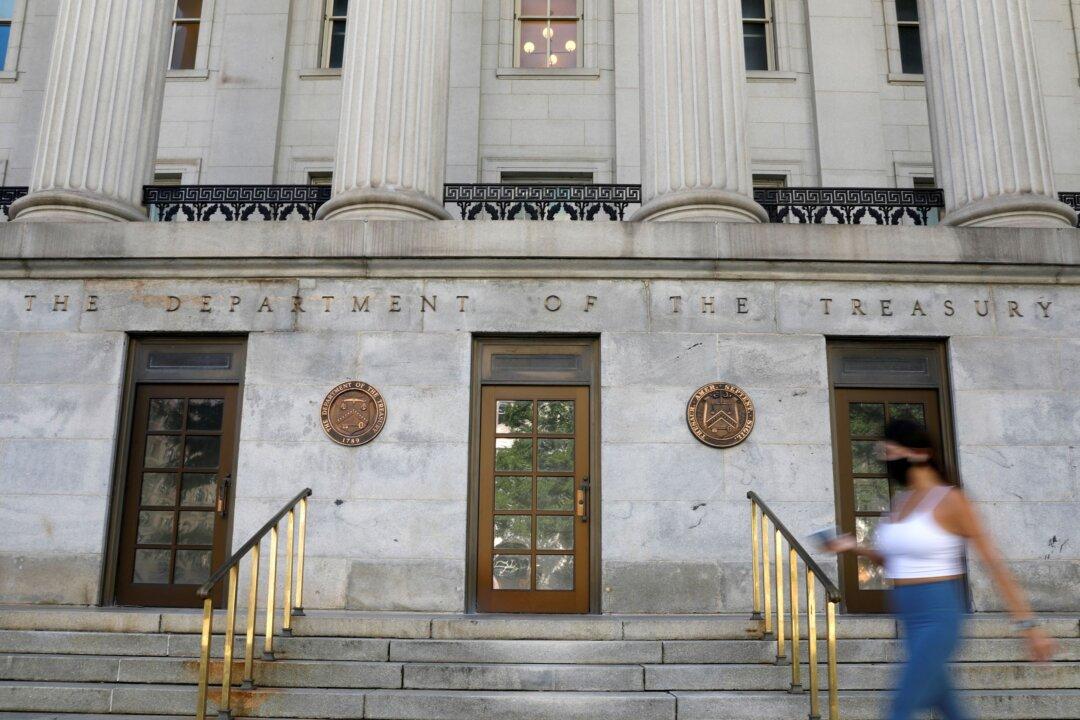Dozens of Kremlin-linked Russian individuals and entities have been added to a sanctions list over what the U.S. Treasury Department described as their “enabling Putin’s war against Ukraine.”
Treasury said in a March 11 statement that its Office of Foreign Assets Control (OFAC) had issued new sanctions “targeting Russian and Kremlin elites, oligarchs, and Russia’s political and national security leaders who have supported Russian President Vladimir Putin’s brutal and illegal invasion of Ukraine.”





